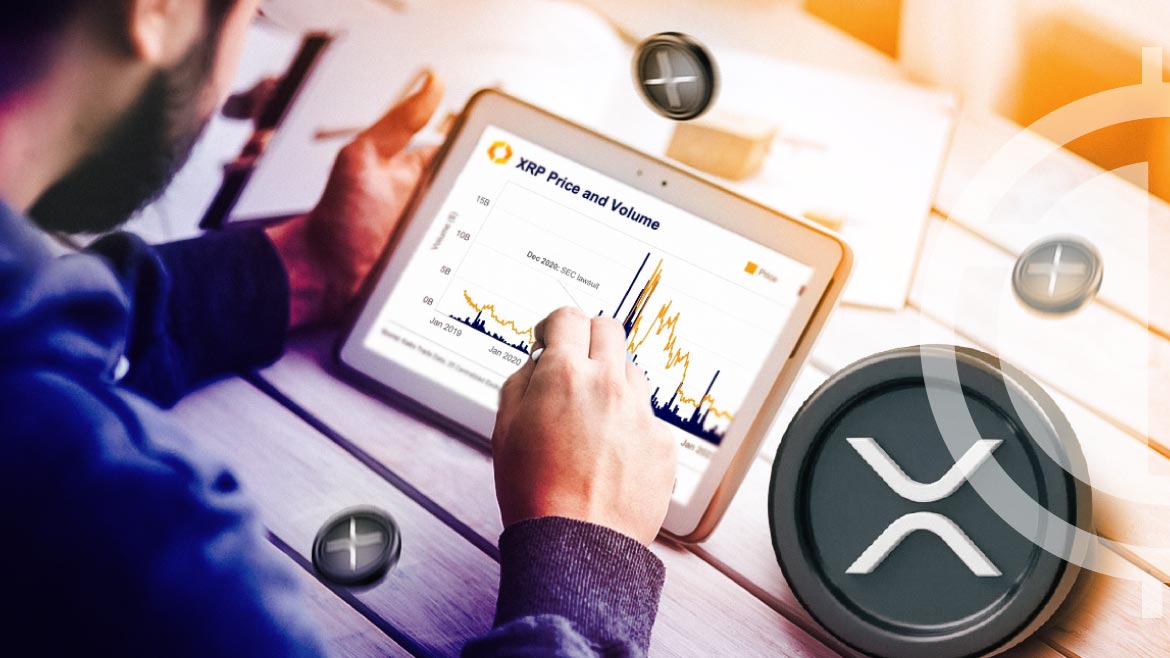- After a New York ruling, XRP Ripple trading surged in major U.S. exchanges.
- XRP’s price hit 15-month highs, but trading activity shows market caution.
- Experts stress the need for blockchain regulations and its financial potential.
In a recent development, XRP Ripple experienced a surge in market depth following a New York federal court ruling. The 4% market depth in major pairs for XRP saw an increase of $3.8M, while the 20% market depth shot up by $11.5M. The substantial boost came after Americans were given the green light to trade XRP on prominent exchanges, including Kraken, Crypto.com, Coinbase, and Bitstamp, within a day of the ruling.
Efficient Frontier, an algorithmic market maker, shared Kaiko’s latest analysis of XRP:
2/10: 🌊 Despite the boost, these liquidity numbers are not substantial compared to XRP's $41B market cap. @KaikoData's report noted that while XRP's price hit 15-month highs, global trading activity remains subdued at 10-month highs. pic.twitter.com/HA34I991n1
— Efficient Frontier (@efrontier_io) July 20, 2023
However, these liquidity upticks appear modest when juxtaposed with XRP’s towering $41B market cap. KaikoData’s latest analysis revealed that despite XRP’s price soaring to 15-month highs, the global trading activity seems reserved, peaking at only 10-month highs. This indicates a restrained response from the worldwide trading community even after the favorable ruling.
The court’s verdict on July 13 decreed that XRP sales amounting to $729 million to institutional investors were deemed illegal securities sales. However, the ruling also clarified that XRP tokens traded on crypto exchanges faced no such constraints.
The implications of this ruling are profound, especially for a market characterized by limited retail interest, lean liquidity, and a still-evolving legal framework. Preston Byrne, a renowned expert in the field, underscored the ruling’s role in perpetuating uncertainty within the crypto markets—a matter he believes only Congress can decisively settle.
Addressing the larger picture, the future of digital securities appears to hinge on lucid regulations. Distributed blockchains are increasingly considered the modern-day solution to revitalizing financial assets burdened by antiquated systems. In this context, Larry Fink, the CEO of BlackRock, remains bullish about digitization prospects. He envisions a pivotal role for blockchain, touting its potential to overhaul finance by doing away with custodians.






